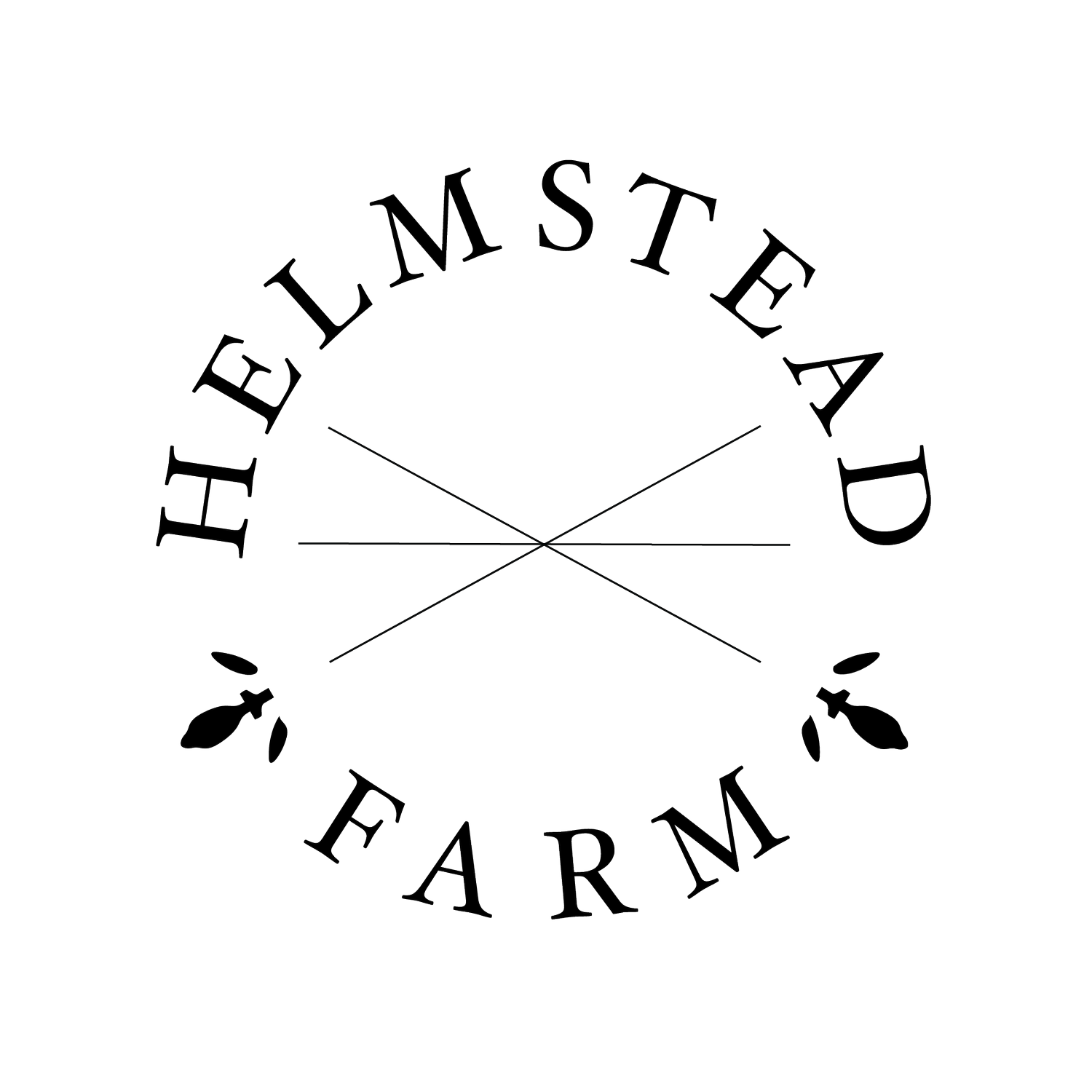
Our Story
Nestled in the hills of Litchfield County, Helmstead Farm seeks to steward the land, nourish our community and cultivate a resilient future through good food and good farming.
We produce certified organic veggies, flowers, and mushrooms on 85 acres abutting the Steep Rock Land Preserve in Washington, CT.
Founded in the fall of 2020, Helmstead Farm is excited to supplement the vibrancy of our local food system by providing nutritious food and connection to the land and the folks that grow it.
What is regenerative farming?
At Helmstead, our farming practices are rooted in regenerative agriculture. This means that we move toward reciprocal practice: replacing what the land has given, encouraging the ecological processes that are already happening alongside a strengthening of the micro ecosystems we observe. Our hope is to build soil and nourish the living communities that make growing food possible. Our priority is to build a healthy ecosystem for our crops to flourish.
As a result, we grow using only organic, low-tillage practices - no synthetic fertilizers or pesticides, and minimal soil disturbance. We are certified organic by Bay State.
We consider the needs of the diverse ecosystems that make up the farm, from protecting grasslands as bird habitat to planting perennials that stabilize our sloping hills, while monitoring our impact - plus making sure we have fun in the process!
The healthier the farm system - the longer the farm may provide.
The Perennial Project
In 2022, we focused on improving growing conditions, planting flowering perennials, and siting perennial food crops based on year-round soil conditions.
In 2023, we planted out Asparagus and an additional 1/8 acre of flowering perennials during construction of our production barn.
2024 is the year we plant all the berries, both for production and in mixed-species wildlife forage plantings. Winterberry, Coralberry, Elderberry, Blueberries, Huckleberries, Serviceberry, and Aronia will be used around the farm for windbreaks, interplanted production rows, wildlife forage + habitat, and soil stabilization.
Our orchard plan has evolved into clustered multi-species plantings to determine which of alternative fruit and nut crops can survive the freeze-thaw cycles and slow drainage of our soil type.
Ultimately our goals are stabilizing soil, drawing carbon out of the atmosphere, and making beneficial insect and bird habitat.



